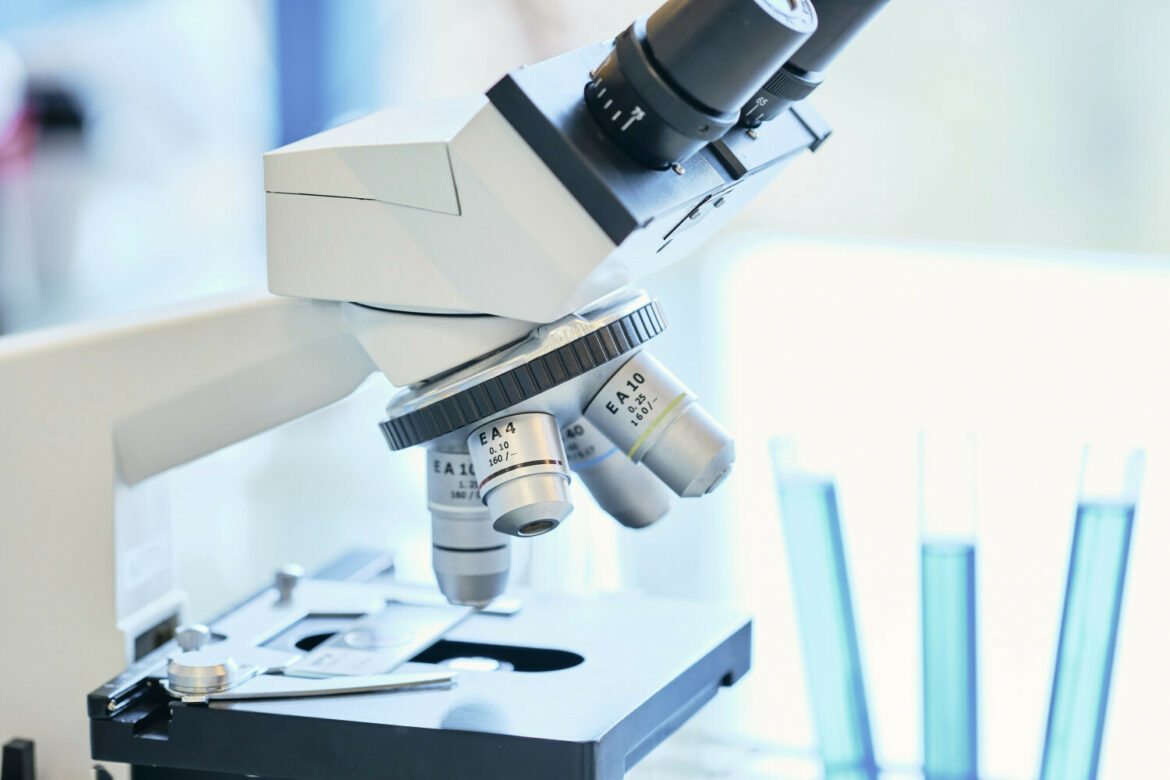An international team with the participation of scientists from the Pomeranian Medical University in Szczecin is developing a technology for the early detection of pancreatic cancer in people from high-risk groups. Poles will coordinate epigenetic research conducted within the consortium.
An international team of scientists is carrying out the ‘IMAgene’ project, which is innovative by developing, calibrating and testing a comprehensive cancer risk prediction algorithm – in particular, pancreatic cancer in high-risk asymptomatic patients. The algorithm will integrate clinical, environmental, omic and epigenetic data.
Dr Tomasz K. Wojdacz, head of the Independent Clinical Epigenetics Laboratory of the Pomeranian Medical University in Szczecin says that the disease process rarely begins because DNA has changed overnight in one of the cells in the body. The trigger is usually something else and the consortium scientists try to identify these mechanisms.
In the case of pancreatic cancer, it is particularly important because the development of the disease is influenced by a number of factors: alcohol abuse, smoking, age, family predispositions and others. The project implementation will start in the middle of this year and will last three years.
Pancreatic cancer is an extremely dangerous disease. It has the lowest survival rate of all cancers in Europe, and patients’ relatives are at least twice as likely to suffer from the disease. The fight against time and for the development of technologies for the early detection of pancreatic cancer in high-risk people is underway.
The consortium will receive funding from the European Commission under the ERA PerMed program, which aims to support research in personalized medicine. The work is coordinated by Dr Serena Oliveri from the European Institute of Oncology in Italy, and the partners are scientists from Poland, Spain, Romania and France.
Arkadiusz Słomczyński





